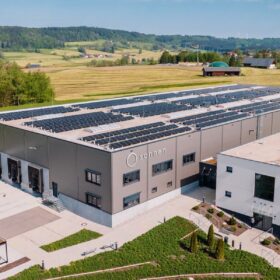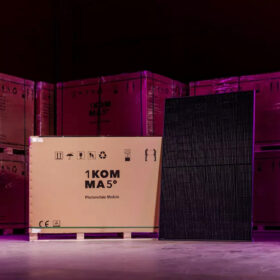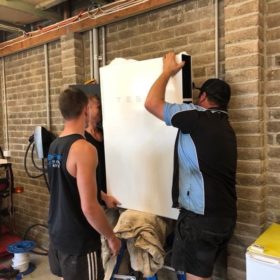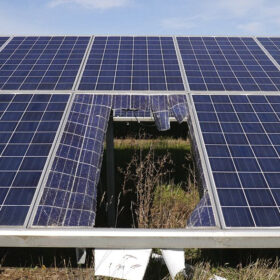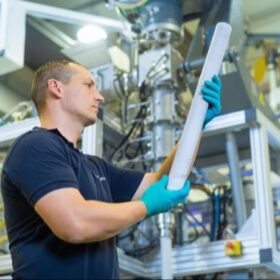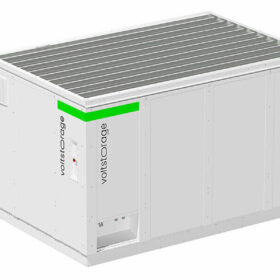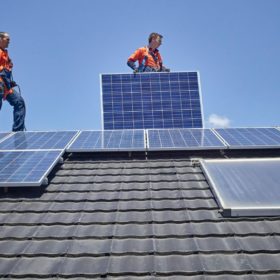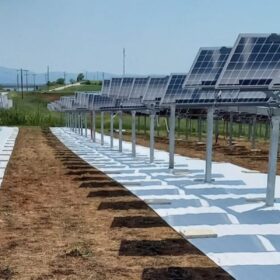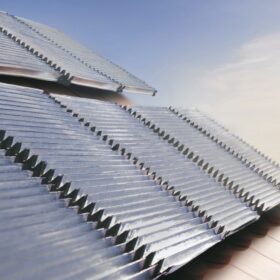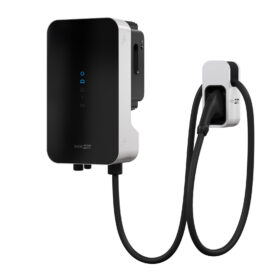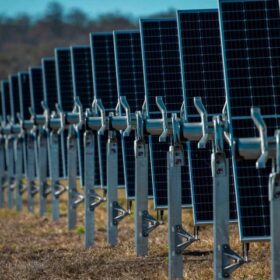Shell looking to sell Sonnen
Shell, which acquired Sonnen four years ago, is now actively seeking a majority shareholder for the Germany storage system specialist.
German ‘ethical, low carbon’ solar panel range hits Australian market
1Komma5°, a German startup aggressively expanding in Australia, has now begun taking Australian orders for its own line of “ethical, low carbon” solar panels.
Consumer group debunks residential battery misconceptions
A German consumer protection association, Verbraucherzentrale NRW, has issued a warning about five misleading assumptions about PV-linked residential battery systems.
Weekend Read: A 10 GW time bomb
It is estimated that 10 GW of solar modules in Germany suffer from prematurely aging backsheets, with sites of all sizes affected. Here we look at how to detect and repair such defects.
Altech pushes ahead with Germany-based battery projects
Western Australia battery tech company Altech Batteries has raised $13.3 million (USD 8.7 million) to advance the development and commercialisation of its sodium-chloride solid state battery project and to progress construction of a silumina anodes battery materials plant in Germany.
VoltStorage unveils vanadium redox flow battery for commercial use
Germany battery manufacturer VoltStorage has unveiled a containerised 50 kWh vanadium redox flow battery that is designed to optimise self-consumption in commercial and industrial PV systems.
New app to calculate payback periods of rooftop PV systems
The Amortisator app, initially developed for the German market, is now available on the Apple and Google Play stores. Primarily targeting customer advisors, the app can be accessed for a monthly fee of €9.99 ($10.93).
Membrane boosts bifacial solar module yield by 6.4%
German renewables developer Solar Kapital has deployed membranes at three of its utility scale PV plants in Greece and claims the technology has delivered an up to 6.4% increase in yield and the payback time of the new solution is relatively short.
Solar-driven photoreactors to generate hydrogen on rooftops
Scientists led by the Karlsruhe Institute of Technology have designed panel-like photoreactors relying on a water-splitting photocatalyst that could produce hydrogen on rooftops or dedicated solar farms. They claim the photoreactors have high economic potential because of their ‘extremely’ low costs.
SolarEdge unveils bidirectional EV charger
SolarEdge’s new bidirectional DC-coupled electric-vehicle (EV) charger enables vehicle-to-home and vehicle-to-grid applications and can seamlessly integrate with its home energy systems. It is scheduled for release in the second half of 2024.
